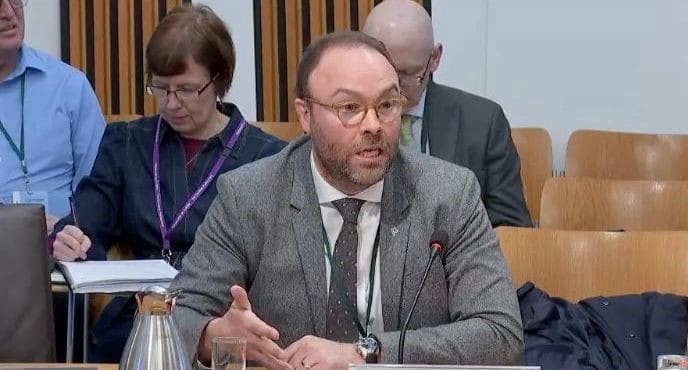Propertymark has urged the Scottish Government to provide more information about how the transition measures will be applied once the rent cap and eviction moratorium under the Cost of Living (Tenant Protection) (Scotland) Act stops on 31 March 2024.
The original Cost of Living (Tenant Protection) Bill was passed on 6 October 2022 and became an Act on 27 October 2022. The Act is designed to:
- Limit landlords from increasing the amount of rent they can charge on residential tenancies on a temporary basis
- Issue specific restrictions on evictions from residential tenancies on a temporary basis
- Enable Scottish ministers to enact regulations regarding matters a rent officer or a First-tier Tribunal must consider when deciding rent
The following proposals for the transition away from the rent cap and eviction moratorium have been proposed by the Scottish Government:
- Tenants can apply to the First-tier Tribunal for rent adjudication against a rent increase and where applicable rent will be set based on the lowest of the following three figures: the open market rate, the rent requested by the landlord and a comparator based on the difference between the market rate and current rent.
- In order to guarantee there will be a return to market rates, a tapering approach would begin to apply if the difference between the tenant’s current rent and the market rate is more than 6 per cent.
- For cases where the difference between the market rate and the current rent the tenant pays is higher than 6 per cent.
Once approved by the Scottish Parliament the regulations would temporarily modify the rent adjudication process for 12 months.
Propertymark welcomes the news that the Scottish Government has recognised the need for landlords to increase rents during a tenancy where they are below the market rate. Letting agents and their landlords have seen significant rises over the last few years in mortgage costs, maintenance and repair costs and insurance to name a few.
Couple this with the increased legislative environment and the additional requirements under the Repairing Standard and many landlords are finding it very difficult to continue. The Cost of Living legislation kept rents artificially low and took no account of the significant increases in providing good quality rental accommodation and these changes cannot come soon enough.
However, the industry body argues that additional clarification is necessary regarding Rent Service Scotland’s responsibility to examine market rents.
Certain costs such as mortgage rates have increased on unsubstantiated levels for landlords, and have resulted in a significant difference between current and market rent levels, therefore landlords must be able to decide on rental increases.
Propertymark believes in applying a taper to rent increases where the difference between the current rent and the open market rent goes beyond a specific level. Whilst the ‘tapering’ structure does not allow rents to rise to market level it does go some way to help the burden of the huge increases in the cost to run quality accommodation.
The industry body also thinks that the Scottish Letting Agent Register can play a critical role in finding landlords a good agent who can assist them with these complex rules, and Propertymark wants ministers to encourage landlords to use this service.
Finally, Propertymark urges the Scottish Government to incentivise landlords in the private rental market by exploring tax changes implemented by Holyrood that impact them, such as reducing the Additional Dwelling Supplement to help increase the number of rented properties to meet demand.












